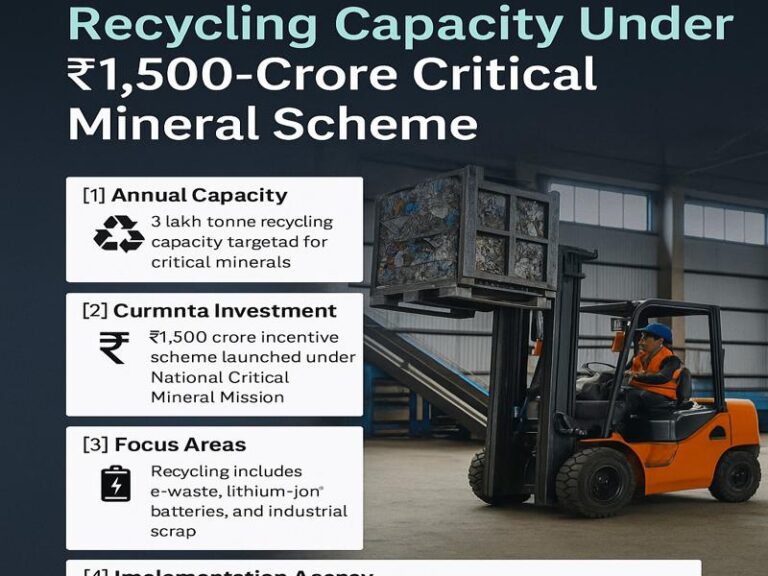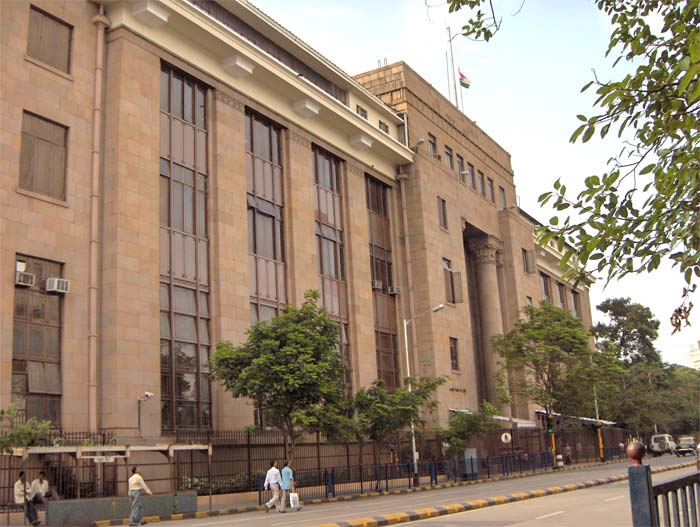
International Solar Alliance (ISA), the brainchild of India, has the vision to initiate strategic collaboration among the world and make joint efforts together to reduce greenhouse emissions and generate renewable and clean energy. It’s aimed at making solar energy affordable and easily accessible. The organisation also plays a key role in addressing a wide range of technical factors that impede the access of people to various sources of energy.
By Meeta Duggal
The Ministry of New and Renewable Energy hosted the second Assembly of International Solar Alliance (ISA) on 30 and 31 October 2019 in New Delhi. The supreme decision-making body of the ISA, the Assembly provides directions on various administrative, financial and programme related issues.
The Framework Agreement of the ISA has been signed by 81 countries of the 121 prospective member countries. Of these, 58 countries have ratified the same. The Assembly was attended by the Ministers and delegates from member States, Observer States, ISA Partners, and other invitees. Over 400 delegates are expected to participate in the Assembly.

The first Assembly of the ISA was attended by 78 countries, and they had affirmed their determination to accelerate the deployment of solar energy worldwide for achieving universal energy access at affordable rates. Recognizing that ISA has a major role in achieving Sustainable Development Goals and objectives of the Paris Agreement on Climate Change and that the ISA initiative would benefit the world at large, during the first Assembly of the ISA an Indian resolution to extend the Membership of the organisation to all countries that are members of the United Nations was adopted.
Activities of ISA
Since the first Assembly on 3 October 2018, ISA has initiated many activities and programmes, including aggregation of over 1000 MW solar power and 300000 solar water pumps from ISA member countries. In order to understand the challenges and issues ‘on the ground’ and to strengthen support for ISA programmes, the ISA sent country missions to eight countries over the course of 2019 – to Benin, the Democratic Republic of the Congo, Guinea, Malawi, Mali, Niger, Togo, and Uganda. ISA has significantly extended outreach and has partnered with over 40 organizations. These broadly include UN, Multilateral Development Banks (MDBs), Development Finance Institutions (DFIs), international and regional organizations and foundations, and private sector players.
Providing all-out support for realizing ISA’s vision and objectives, the Government of India has allotted 5 acres of land to the ISA in the National Institute of Solar Energy (NISE) campus, Gurugram. It has released a sum of Rs. 160 crore, i.e. US$ 26 million for creating a corpus fund, building infrastructure, and meeting day to day recurring expenditure of the ISA up to the year 2012-22. As per commitment, India will release an additional Rs. 15 crore, i.e. US$ 2.1 million in the year 2020-21. In addition, various Public Sector Enterprises of Government of India have contributed US$ 8 million for augmenting the ISA corpus fund. Apart from these, India has set aside US$ 2 Billion for solar projects in Africa out of the Government of India’s US$10 Billion concessional Line of Credit (LOC) for Africa. Exim Bank of India is implementing this line of credit in close coordination with ISA countries in Africa. On the 24th September 2019, on the side-lines of the 74th UN General Assembly, India announced an allocation of US$ 12 million grant, and a concessional LOC of US$ 150 Million for Pacific Islands Developing States for undertaking solar, renewable energy and climate-related projects.





